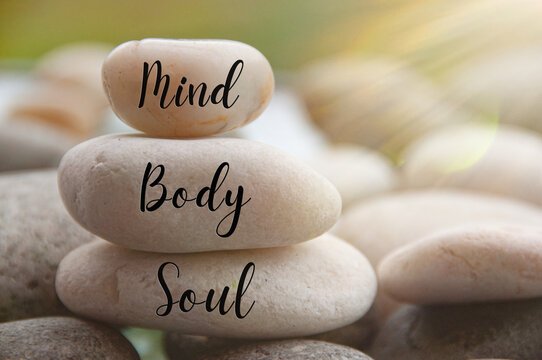The mind-body connection is a powerful concept in holistic health, emphasizing the profound influence that thoughts, emotions, and mental states have on physical well-being. Scientific research and ancient healing traditions alike recognize that mental and emotional health can impact physical health, and vice versa. By understanding and nurturing this connection, individuals can enhance healing, improve wellness, and achieve a balanced, vibrant life.
In this article, we will explore the principles behind the mind-body connection, its impact on health, and practical strategies to harness this connection for optimal well-being.
Understanding the Mind-Body Connection
The mind-body connection refers to the dynamic relationship between mental states and physiological processes. Stress, anxiety, or negative emotions can trigger physical responses such as increased heart rate, inflammation, or hormonal imbalances. Conversely, positive emotions, relaxation, and mindfulness can promote healing and boost immunity.
The connection is mediated by:
- The Nervous System: The brain and body communicate constantly through nerves and neurotransmitters.
- Hormonal System: Emotions influence hormone release, impacting mood, metabolism, and overall health.
- Immune System: Mental states can either strengthen or weaken immune responses.
- Energy Systems: According to holistic practices, mental and emotional states affect subtle energy flow, influencing vitality and well-being.
Scientific Evidence of the Mind-Body Connection
- Stress and Health: Chronic stress contributes to cardiovascular disease, digestive issues, and immune dysfunction. Mind-body practices reduce stress, improving health outcomes.
- Placebo Effect: Belief in healing and positive expectation can produce real physiological improvements, demonstrating the mind’s power over the body.
- Mindfulness and Meditation: Regular practice enhances emotional regulation, reduces inflammation, and promotes brain health.
- Biofeedback and Psychosomatic Studies: Show how conscious awareness of bodily functions can improve control over heart rate, blood pressure, and pain.
Benefits of Nurturing the Mind-Body Connection
- Enhanced Healing: Positive mental and emotional states support recovery from illness and injury.
- Stress Reduction: Mind-body practices lower cortisol levels, reducing tension and anxiety.
- Improved Physical Health: Better sleep, digestion, immune function, and cardiovascular health.
- Emotional Balance: Increased resilience, mood stability, and self-awareness.
- Spiritual Alignment: Greater connection to purpose, intuition, and higher consciousness.
Practices to Strengthen Mind-Body Connection
1. Mindfulness Meditation
Observe thoughts and sensations without judgment. Develops awareness of mental and physical states.
2. Yoga and Tai Chi
Movement-based practices that integrate breath, posture, and focus to harmonize body and mind.
3. Breathwork
Conscious breathing techniques reduce stress, regulate emotions, and energize the body.
4. Journaling and Self-Reflection
Document emotions and experiences to understand patterns and align mental states with well-being.
5. Visualization and Positive Affirmations
Use imagination and intention to create positive physiological and emotional outcomes.
6. Energy Healing Practices
Techniques such as Reiki, acupuncture, or chakra balancing support flow and balance in the body’s subtle energy systems.
Frequently Asked Questions
Can mind-body practices replace medical treatment?
No. They complement traditional medicine and enhance overall healing but should not replace professional care when needed.
How long does it take to notice benefits?
Some effects, like relaxation and stress reduction, can be immediate, while deeper healing develops with consistent practice.
Are mind-body practices suitable for everyone?
Yes. Techniques can be adapted to individual needs, physical abilities, and preferences.
Can children benefit from mind-body practices?
Absolutely. Practices like mindfulness, yoga, and breathwork improve focus, emotional regulation, and overall wellness in children.
Do I need a spiritual belief to practice mind-body techniques?
No. Many techniques work effectively in secular contexts, though spiritual perspectives can deepen the experience.
Conclusion
The mind-body connection is a foundational principle of holistic health, emphasizing the interdependence of mental, emotional, and physical well-being. By cultivating awareness, managing emotions, and engaging in practices like meditation, yoga, breathwork, and energy healing, individuals can enhance healing, reduce stress, and improve overall wellness.
Recognizing and nurturing this connection empowers individuals to take an active role in their health, promoting balance, resilience, and a harmonious life. Mind-body practices are not just tools for wellness—they are pathways to understanding oneself, unlocking potential, and living in alignment with body, mind, and spirit.


